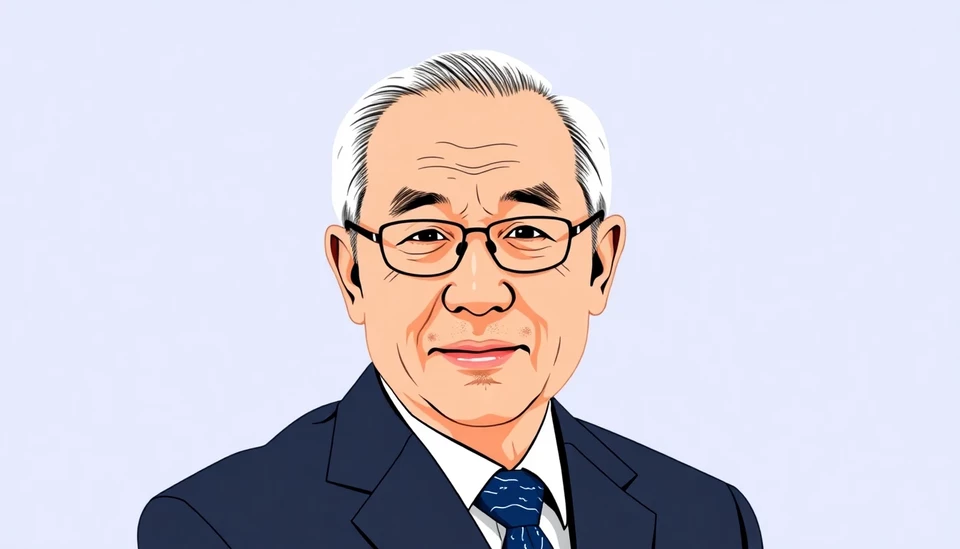
In a concerning trend for the Japanese economy, household spending has fallen for four straight months, reflecting the impact of rising inflation on consumer behavior. According to the latest data released by the government, households curtailed their expenditure as they grappled with an increasing cost of living, a situation that has been exacerbated by persistent inflationary pressures.
The statistics reveal that spending slipped by 0.9% in November compared to the same month the previous year, marking a significant downturn. This decline is particularly notable as it follows an earlier drop of 1.2% in October. Economists had initially forecasted a slight recovery, but the continued decrease highlights the growing strain on household finances and consumer sentiment in Japan.
One of the major contributing factors to this decline is the rising prices of essential goods and services. Inflation rates in Japan reached a 40-year high, with basic necessities such as food and energy seeing sharp increases. Consequently, families are finding it increasingly difficult to maintain their usual spending habits, opting instead to tighten their belts in response to rising costs.
Experts suggest that the ongoing inflationary environment may lead to a consumer pullback that could have lasting implications for economic growth in Japan. As spending accounts for a significant portion of the country's economy, sustained cuts in household expenditures may hinder recovery efforts, especially in the face of ongoing global economic challenges.
In response to these economic dynamics, the Bank of Japan is closely monitoring the situation. The central bank's monetary policy has thus far focused on maintaining low interest rates to stimulate spending. However, with inflation showing little sign of abating, the potential for a shift in policy is increasingly being debated within financial circles.
As Japan navigates these turbulent economic waters, the government may be compelled to implement supplemental measures aimed at alleviating the financial burden on households. Support mechanisms could include subsidies or direct financial assistance to offset rising costs, though the effectiveness of such measures remains uncertain amid broader economic pressures.
In summary, Japan's household spending decline is emblematic of broader economic challenges, signaling the urgent need for both consumers and policymakers to adapt to a new financial landscape marked by inflation. The coming months will be critical in determining whether spending can stabilize or if further declines will ensue.
#JapanNews #Economy #Inflation #HouseholdSpending #ConsumerBehavior #EconomicTrends
Author: Daniel Foster

